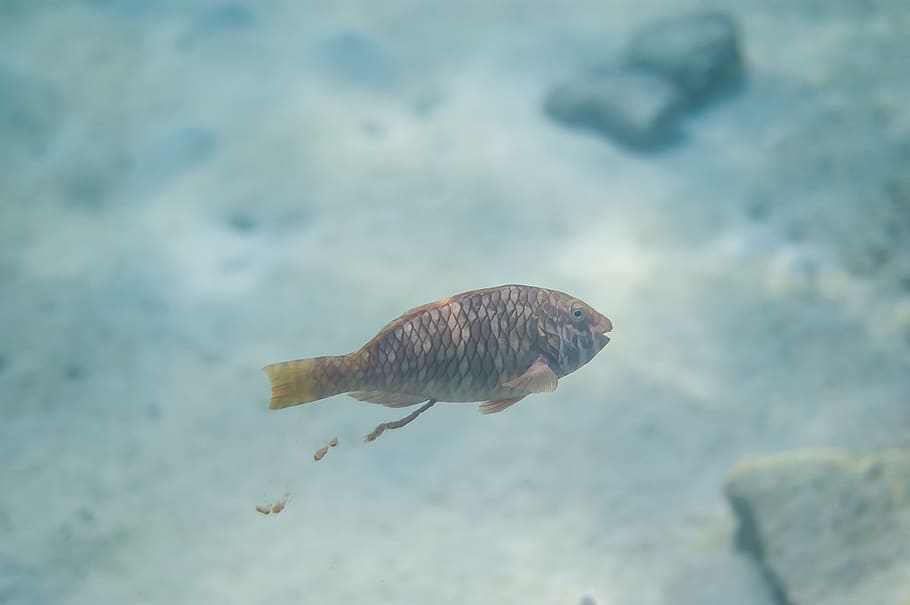Great post,Fish do a stringy white poop for several reasons.
1) Internal Bacterial Infections causes the fish to stop eating, swell up like a balloon, breath heavily at the surface or near a filter outlet, do stringy white poop, and die within 24-48 hours of showing these symptoms. This cannot normally be cured because massive internal organ failure has already occurred.
-----
2) Internal Protozoan Infections cause the fish to lose weight rapidly (over a week or two), fish continues to eat and swim around but not as much as normal, does stringy white poop. If not treated the fish dies a week or so after these symptoms appear. Metronidazole normally works well for this.
There is a medication (API General Cure) that contains Praziquantel and Metronidazole.
It's interesting that API and the Californian government have listed Metronidazole as a carcinogen. That's a concern considering it was widely used to treat intestinal infections in people.
Anyway, if you use this or any medication, handle with care, don't ingest or inhale the medication, and wash hands with soapy water after treating the fish or working in the tank.
-----
3) Intestinal Worms like tapeworm and threadworms cause the fish to lose weight, continue eating and swimming normally, and do a stringy white poop. Fish can do this for months and not be too badly affected. In some cases, fish with a bad worm infestation will actually gain weight and get fat and look like a pregnant guppy. This is due to the huge number of worms inside the fish.
Livebearers like guppies, mollies, swordtails & platies are regularly infected with gill flukes and intestinal worms. If the fish are still eating well, then worms is the most likely cause.
You can use Praziquantel to treat tapeworm and gill flukes. And use Levamisole to treat thread/ round worms. If you can't find these medications, look for Flubendazole, which treats both lots of worms.
In the UK look for:
eSHa gdex contains praziquantel that treats tapeworm and gill flukes.
eSHa-ndx contains levamisole and treats thread/ round worms.
NT Labs Anti-fluke and Wormer contains flubendazole.
Kusuri wormer plus (contains flubendazole) - sold mainly for discus, comes as a powder which is quite hard to dose in smaller tanks
Sera nematol (contains emamectin)
Remove carbon from filters before treatment and increase aeration/ surface turbulence to maximise oxygen levels in the water.
You treat the fish once a week for 4 weeks. The first treatment will kill any worms in the fish. The second, third and forth treatments kill any baby worms that hatch from eggs inside the fish's digestive tract.
Treat every fish tank in the house at the same time to prevent cross contamination.
You do a 75% water change and complete gravel clean 24-48 hours after treatment. Clean the filter 24 hours after treatment too.
Do not use the 2 medications together. If you want to treat both medications in a short space of time, use Praziquantel on day one. Do a 75% water change and gravel clean the substrate on day 2 & 3. Treat the tank with Levamisole on day 4 and do a 75% water change and gravel clean on day 5, 6 & 7 and then start with Praziquantel again on day 8.
The water changes will remove most of the medication so you don't overdose the fish the next time you treat them. The gravel cleaning will suck out any worms and eggs that have been expelled by the fish. Repeating the treatment for 3-4 doses at weekly intervals will kill any worms that hatch from eggs. At the end of the treatment you will have healthier fish.
---------------------
Thanks to essjay for providing the information about deworming products available in the UK.
Though I wanted to add that with bacterial infections they may not bloat up and may take longer to die than 24 hrs.
In Mycobacteria Haemophilia it causes emaciation and wasting that takes weeks to kill.




